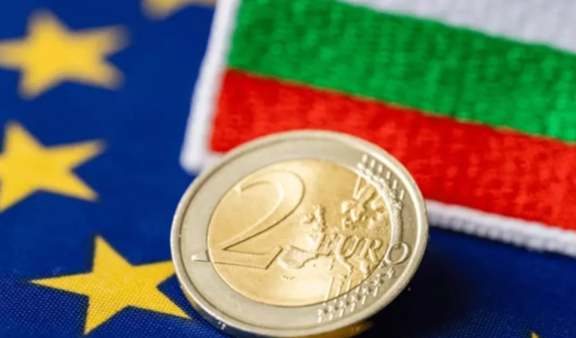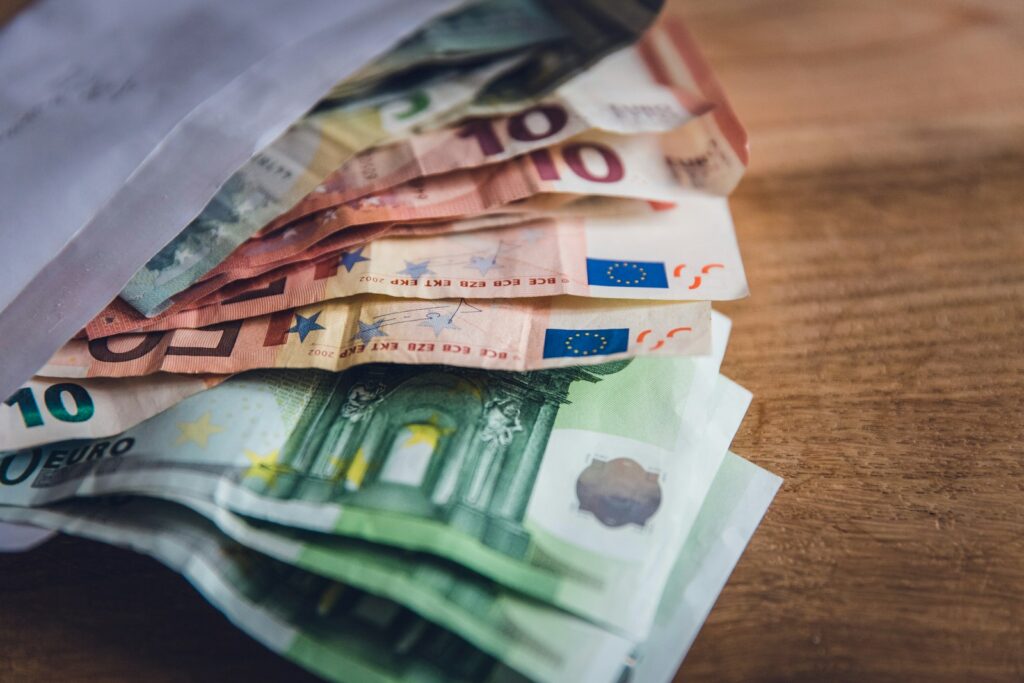
Digital Tax. Consumers Will Pay for Political War
Deputy Prime Minister and Minister of Digital Affairs Krzysztof Gawkowski recently announced plans to introduce a digital tax in Poland on the revenues or profits of big tech corporations operating in the country.¹ The funds raised would be used to subsidize the development of Polish companies and start-ups in the digital technology sector and media.











